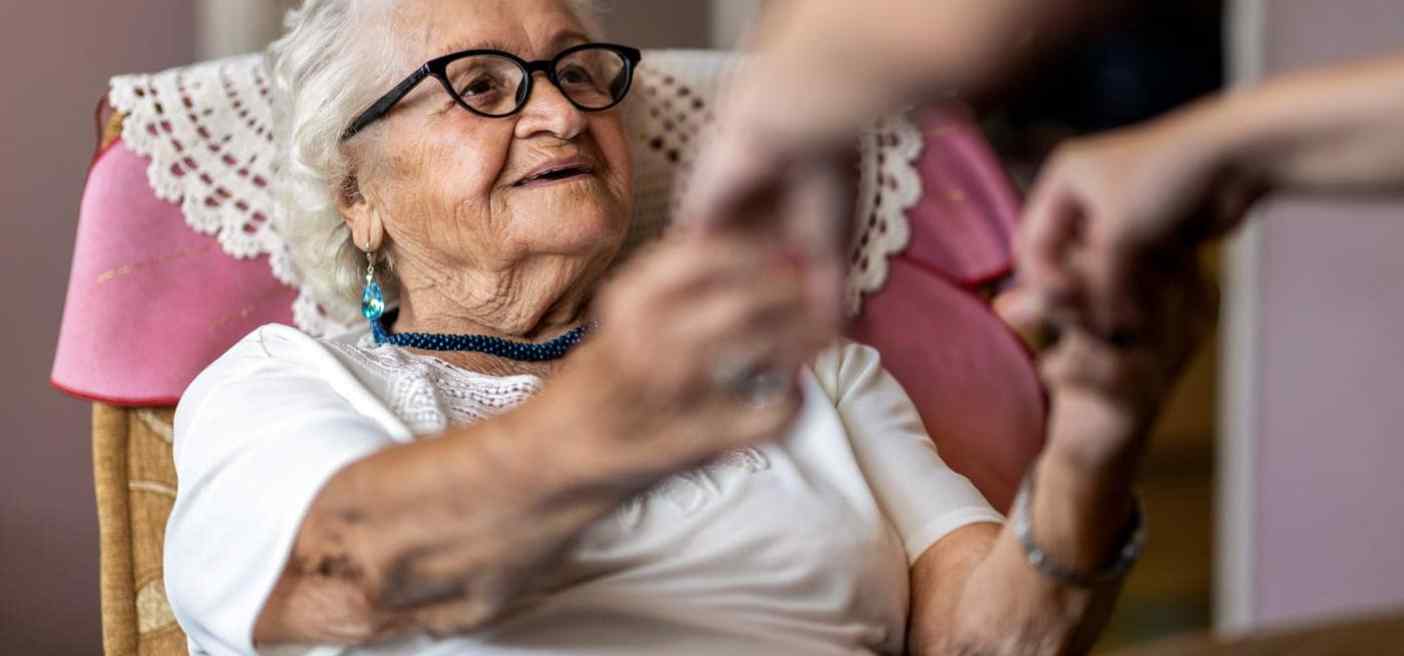Want Your Life Back? How to Handle Guilt When Caring For An Aging Parent



Spend a little extra time this season to show your appreciation with a thoughtful gift to thank your caregiver for all they’ve done for you or your parents or your child.

As we kick off the holiday season with LeanOnWe’s annual recognition of America’s heroes this year, we salute both first responders and members of the military through Tunnel to Towers.
Since its inception in 2001, the Tunnel to Towers Foundation has honored and paid tribute to the 2,977 people who lost their lives on September 11, 2001, as well as the heroism of first responders and those who continue to suffer and lose their lives from 9/11-related illnesses. Its mission has since grown to include U.S. veterans and their families.


Hiring private care for yourself or a loved one is an important decision that requires careful consideration. There’s so much information to absorb and often not a lot of time to process everything. This can lead to mistakes that affect your quality of care.

Be sure to take time to properly assess your care needs so you can make the best choice for your family when hiring an at-home caregiver for yourself or someone you love.

Once you determine that your loved one needs ongoing care at home, the next decision you’ll have to make is whether you should hire a caregiver privately or through an agency. We’ll give you an overview and take you through the differences to help you make the right call for your family.

We’ve curated a list featuring six of the top-rated home care options in White Plains and throughout Westchester, from Yonkers and Rye to Scarsdale and Tarrytown. Search below to find care for yourself or a loved one today.

Few things test sibling relationships more than when the time comes to actively manage the lives of their aging parents. While there is no one-size-fits-all definitive roadmap that can guarantee family harmony, the following four steps can create the foundation for functional relationships as brothers and sisters take on the challenging roles of helping to manage their parents’ care.

Navigating the financial landscape of later life can be daunting for many seniors, as rising healthcare costs, dwindling income streams, and unforeseen expenses threaten their financial security and overall well-being. This guide empowers you with actionable strategies and practical resources to achieve financial stability and peace of mind in your golden years.

Helping your new caregiver succeed is one of the most important roles you’ll play as you manage the home care needs of yourself or your loved ones.
Using the checklist below, be sure to go over each item from the get-go -- and periodically during the time you employ home help. Nearly all misunderstandings between a caregiver and a family can be avoided by following these 10 simple tips.

Maybe you’ve noticed that mom or dad is “starting to slip.” Or maybe they’ve had a health scare: a fall that didn’t break a hip, or flu that didn’t become pneumonia. Take a moment to breathe a sigh of relief. Then get ready to start planning for the future.